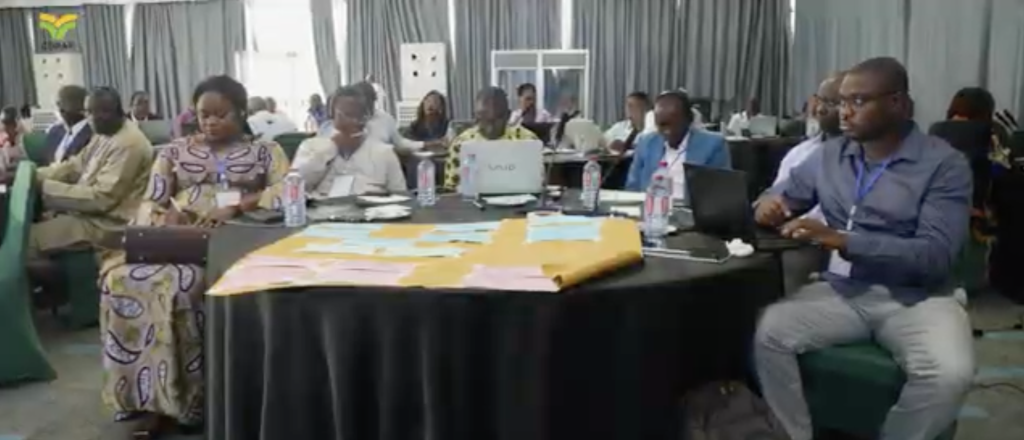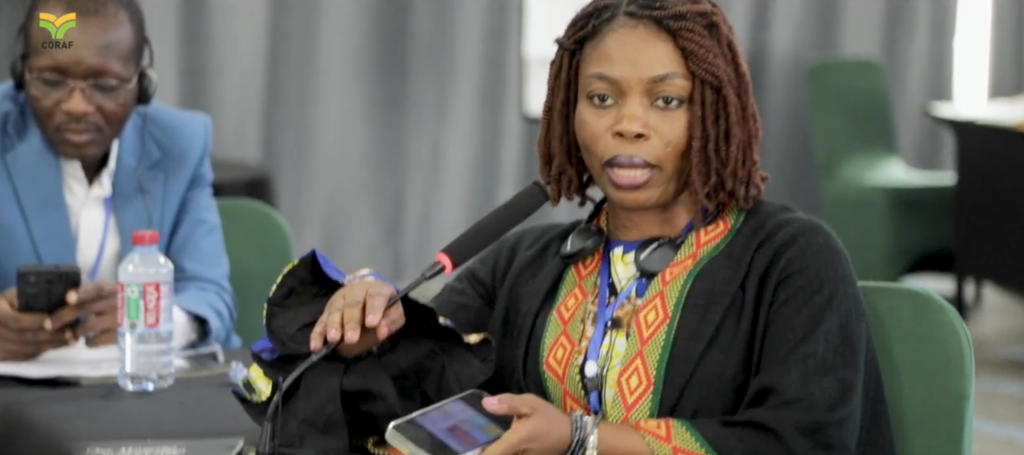Accra, Nov. 29, GNA – Statistical Officials from Sub-Saharan Africa are calling for the integration of the Agricultural Sciences and Technology Indicators (ASTI), a global leading program aimed at collecting, compiling and analyzing agricultural research data.
They say the incorporation of ASTI would help the Sub-Saharan countries to set policies and investment priorities for increased agricultural growth and productivity.
The group made the call at the end of a workshop that sought to raise awareness about ASTI, share lessons learnt from the pilot and equip them with the necessary knowledge and tools to harness its potential.
It was co-organized by Food Agriculture Organisation (FAO) and the West and Central African Council for Agricultural Research and Development (CORAF) partnering with the Forum for Agricultural Research in Africa, Association for Strengthening Agricultural Research in Eastern and Central Africa, and Centre for Coordination of Agricultural Research and Development for Southern Africa CCARDESA).

Mr Baisti Podisi, Regional Programme Coordinator CCARDESA said the region was not matching up with others regarding the generation of agriculture data information.
“It is one of the proven approaches that can show the performance of countries through the information they generate. This is important especially when all countries in the region are looking at boosting productivity to feed its citizenry,” he said.
Dr Wilhelmina Quaye, the Director of Science and Technology Policy Research Institute said the new data collection approach would gather data on capacity and infrastructure to help identify the gaps in the sector.
“For instance, using the new approach will help point out if Ghana has enough infrastructure in the agriculture sector to propel productivity and if not, which areas are lacking and needs to be strengthened,” she said.
Dr. Emmanuel Njukwe, the Director of Research and Innovation CORAF said the new approach would contribute to addressing Africa’s challenges in food systems, which were being impacted by climate change.

“The data we are collecting is to guide the future. So foresighting and forecasting is really a way to go and so the data we are collecting will guide us on what has been happening in the past so that in the future. This is called targeted planning,” he said.
Ms Lwinya Kabosha Chishimba, a Statistician at Zambia Agriculture Institute stated that the new data collection training was educative and that she had been empowered to collect data, analyse and share with policy makers to take the right decision.
“I will use this approach effectively to the benefit of my organization and my country,” she said.
Mr Hernán Daniel Muñoz, ASTI Project Leader at the FAO, said the workshop had provided stakeholders with technical insights on the ASTI methodology and introduced new approaches to the researchers.
He said the participants discuss ways to leverage lessons learned from the pilots to deepen dialogues among national and regional stakeholders and promote national ownership of the programme.
“We want to find the best model to collect data because all countries have different settings and data collected in the past adopted one single approach not in an official manner.
GNA